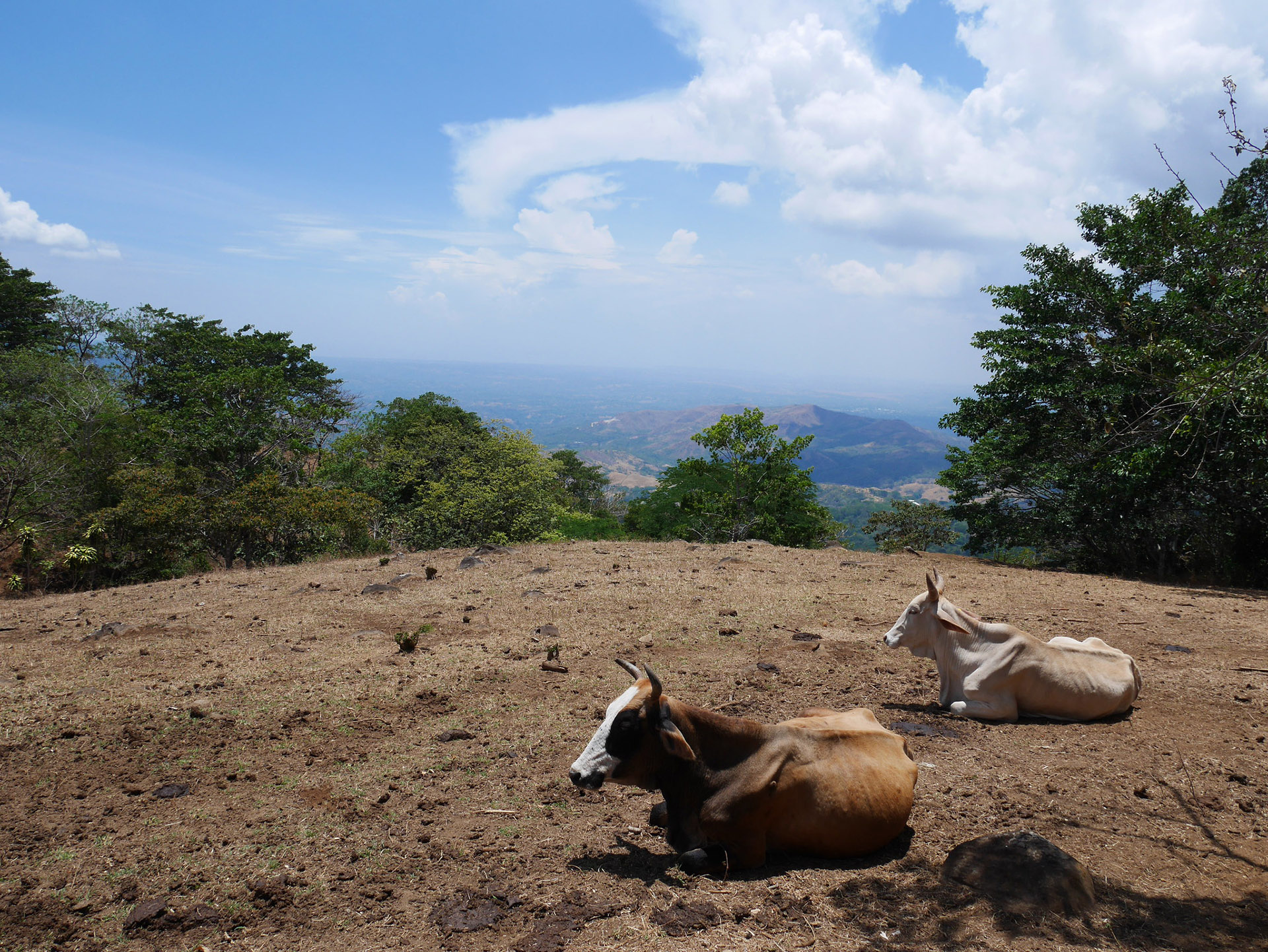Sustainable livestock systems have the potential to support countries in improving their territorial governance by reducing environmental conflicts and promoting ecosystem conservation and the generation of economic benefits for families.
As the COVID-19 crisis continues to unfold, Latin America has emerged as a new center of the pandemic. With the rapid spread of cases, Latin America is struggling with the pandemic’s health, economic and social challenges, adding to the already well-known impacts of climate change. Given this situation, the region has a unique opportunity to change its approach to one that is more harmonious with environmental protection, the fight against climate change and the Sustainable Development Goals.
Sustainable livestock farming is one tool that merges those needs, while also representing the perfect pathway to promoting sustainable development in the region. In June, the United Nations Development Programme (UNDP), the Good Growth Partnership and the UN-REDD Programme hosted a virtual exchange of experiences between different countries and organizations on the management of endangered species in cattle-raising areas of Latin America.
“During the last ten years, the UNDP Regional Hub office for Latin America and the Caribbean has developed and implemented strategies, projects and programmes aimed at protecting ecosystems. In Latin America, the livestock sector is key to achieving the sustainability values that we uphold, and so we have been working strategically with all stakeholders,” said Lyes Ferrouhki, leaderof the Nature, Climate and Energy team at the UNDP Regional Hub.
According to the Food and Agriculture Organization of the United Nations (FAO), livestock is the main source of income for approximately 200 million families of small producers in Asia, Africa and Latin America, and the only source of livelihoods for at least 20 million families. If the medium producers are added, those figures double. In addition, Latin America has become the largest exporter of beef and poultry in the world, representing approximately 45% of the GDP of the agricultural sector in the region.
But there is a downside to such growth. According to the FAO, this surge has led to the degradation of 70% of grazing areas in Latin America and the Caribbean, in addition to significantly increasing levels of emissions. As well, livestock accounts for about 40% of emissions generated by the agricultural sector, according to the Intergovernmental Group of Experts on Climate Change (IPCC). All this has caused ecosystems close to livestock production to be significantly altered.
In the webinar, a broad range of experts from Costa Rica, Mexico, Colombia, Panama and Paraguay presented initiatives that have managed to build sustainable production and conservation initiatives based on local governance and partnerships with non-governmental organizations, state institutions and local communities.
In a region so badly hit by the pandemic, the question now is whether sustainable livestock farming has a specific market that can allow economic recovery to be harmonized with sustainable environmental management and what actions Latin America countries could start to reach that goal.
To answer this important question, experts contributed their perspectives on the market and momentum that countries should generate through the creation of specific public policies for sustainable livestock farming. The experts acknowledged the growing global market niche for sustainable meat products, linked to the increasing demand from consumers for transparency and information about how their meat is produced. This is part of the reason why traceability is becoming a leading factor in sustainable production, and also one of the biggest challenges for producers.
Likewise, experts agreed that in order to capture the full value of a product from a sustainable livestock initiative, a marketing model based on transparency must exist, anchored to a trade route linked to conservation. To achieve this, a few things become essential: the creation of territorial brands (country brands), raising awareness and the development of a solid narrative that tells the story of the product to ensure a perception of added-value to the products.
To achieve these goals, it is necessary for the governments in the region to promote policies that encourage the creation of integrated agricultural-livestock-forest systems as viable alternatives to recover degraded areas, protect biodiversity, develop sustainable livestock and promote sustainable intensification of production.
Sustainable livestock can play a very important role both in adapting to climate change and in mitigating its effects. In addition, it can contribute to the generation of resources to alleviate poverty and improve the livelihoods of millions of people while also contributing to the Sustainable Developments Goals.
